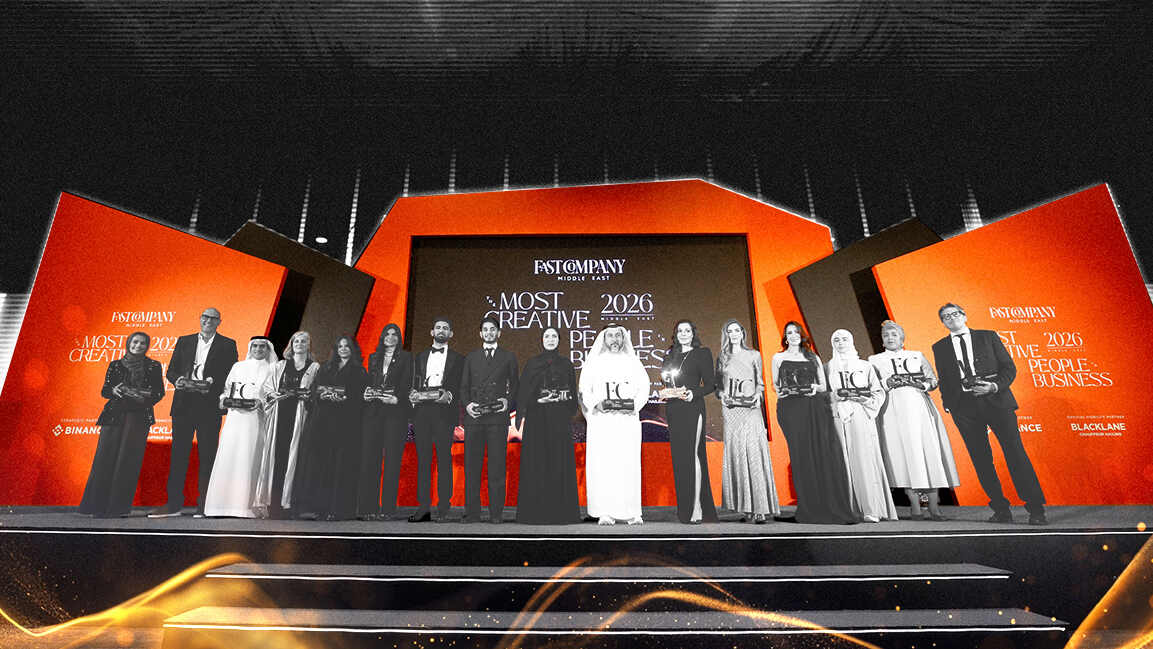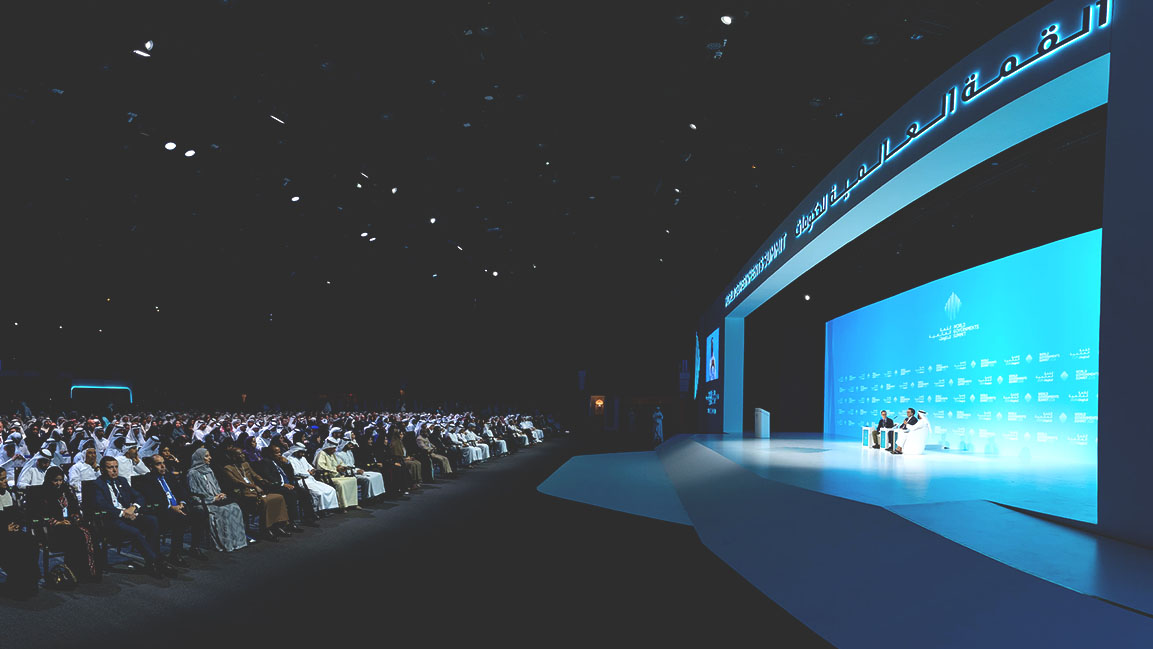- | 12:00 pm
Employee benefits essential for retention, highlights report
Over 60% of respondents consider customized benefit packages essential, while 95% view the one-size-fits-all model as outdated.

A recent study has uncovered a notable gap between GCC companies’ employee benefits and workforce expectations. While over 90% of regional employees consider employee benefits a crucial element of job satisfaction, many express that their needs to be addressed.
The Future of Work 2024 report, commissioned by Zurich International Life, revealed that only 38% of UAE employees feel their voices are being heard regarding their benefits. This dissatisfaction is reflected in the fact that 68% of employees are actively seeking new job opportunities, highlighting a widening gap between employee expectations and employer offerings.
The report emphasizes a growing demand for tailored, employee-centric benefit programs. Over 60% of respondents indicated that customized packages are essential, while 95% believe the traditional one-size-fits-all approach is no longer relevant.
The report highlighted a rising demand for tailored, employee-centric benefit programs. Over 60% of respondents said customized packages were essential, and 95% believe the traditional one-size-fits-all model is outdated.
In Saudi Arabia, 38% of employees aged 25 to 55 seek child allowances, while 31% of UAE employees desire workplace savings plans for long-term financial security. Life and critical illness insurance are also in high demand, aligning with the views of 80% of UAE employers who recognize their importance.
The report further shows that nearly 8 out of 10 GCC employees are considering a job change, with inadequate benefits as a primary factor.
Ashika Tailor, Head of Business Development for Employee Benefits at Zurich Middle East, emphasized the importance of organizations listening to their workforce more closely.
“Employees today are demanding more personalized, thoughtful packages that meet their needs,” she noted. “Companies need to proactively engage with their teams to co-create benefits that ensure long-term satisfaction and loyalty.”
The study also revealed a gender and generational gap in benefit preferences. Women in the UAE prioritize workplace savings plans, while Asian employees seek flexibility in compensation packages.
Younger employees, particularly those aged 18-24, are likelier to leave their current jobs for better opportunities, including workplace savings and career development programs.
Despite the growing importance of employee benefits, many companies are still falling short. In the UAE, only 18% of employees express a strong likelihood of staying with their current employer, underscoring the need for immediate action.
Also, 58% of UAE employees emphasize the need for companies to prioritize sustainability and Diversity, Equity, and Inclusion (DEI) initiatives, particularly among women in the UAE and Saudi Arabia.































